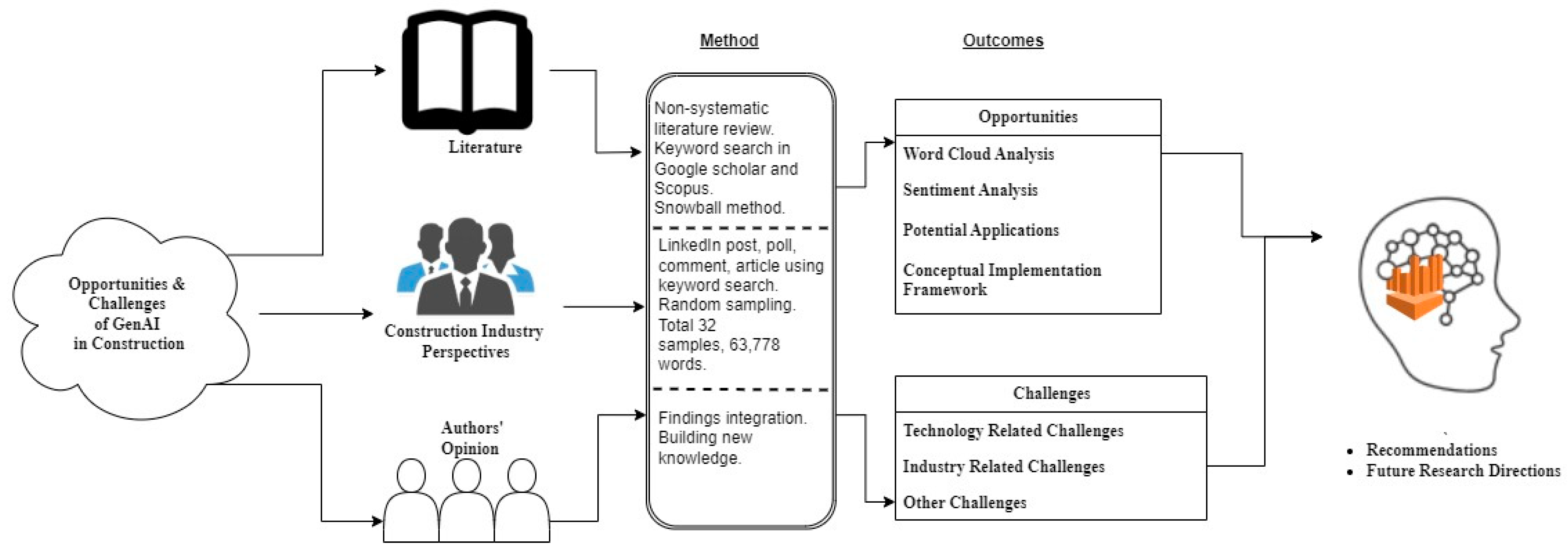Google's generative AI fails 'could slowly erode our trust in Google'
It was a busy Memorial Day weekend for Google (GOOG, GOOGL) as the company raced to contain the fallout from a number of wild suggestions by the new AI Overview feature in its Search platform. In case you were sunning yourself on a beach or downing hotdogs and beer instead of scrolling through Instagram (META), let me get you up to speed.
Issues with AI Overview
AI Overview is supposed to provide generative AI-based responses to search queries. Normally, it does that. But over the last week, it’s also told users they can use nontoxic glue to keep cheese from sliding off their pizza, that they can eat one rock a day, and claimed Barack Obama was the first Muslim president. Google responded by taking down the responses and saying it’s using the errors to improve its systems. But the incidents, coupled with Google’s disastrous Gemini image generator launch that allowed the app to generate historically inaccurate images, could seriously damage the search giant’s credibility.
Trustworthiness at Stake
“Google is supposed to be the premier source of information on the internet,” explained Chinmay Hegde, associate professor of computer science and engineering at NYU’s Tandon School of Engineering. “And if that product is watered down, it will slowly erode our trust in Google.”
Google’s AI Overview problems aren’t the first time the company has run into trouble since it began its generative AI drive. The company’s Bard chatbot, which Google rebranded as Gemini in February, famously showed an error in one of its responses in a promo video in February 2023, sending Google shares sliding.
Challenges with Generative AI
The AI Overview issues cropped up because Google said users were asking uncommon questions. In the rock-eating example, a Google spokesperson said it “seems a website about geology was syndicating articles from other sources on that topic onto their site, and that happened to include an article that originally appeared on the Onion. AI Overviews linked out to that source.”

At some point, you have to stand by the product that you roll out,” said Derek Leben, associate teaching professor of business ethics at Carnegie Mellon University’s Tepper School of Business. “You can't just say … 'We are going to incorporate AI into all of our well-established products, and also it's in constant beta mode, and any kinds of mistakes or problems that it makes we can't be held responsible for and even blamed for,' in terms of just trust in the products themselves.”
Competition and Trust
Google has been racing to beat back appearances that it fell behind Microsoft and OpenAI since the two teamed up to release a generative AI-powered version of its Bing search engine and chatbot in February 2023. But if beating the competition means rolling out products that generate errors or harmful information, Google risks giving users the impression that its generative AI efforts can’t be trusted and, ultimately, aren't worth using.




















